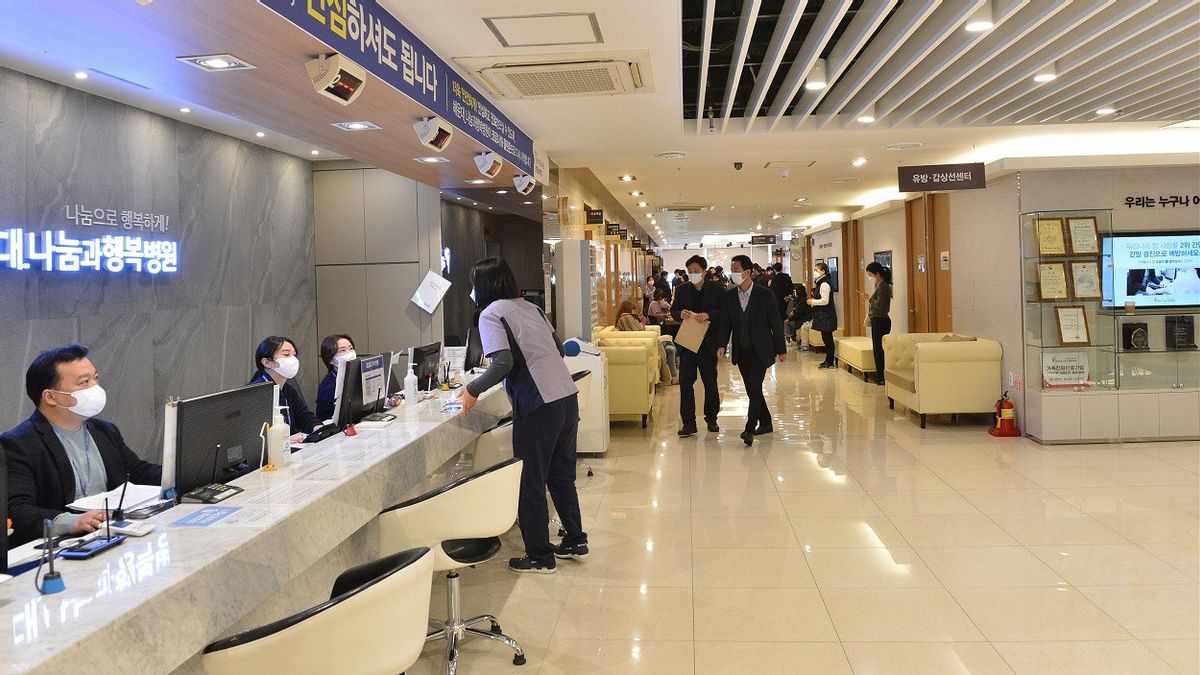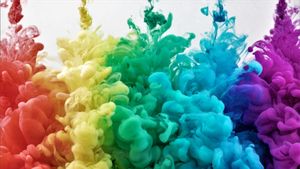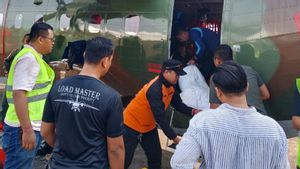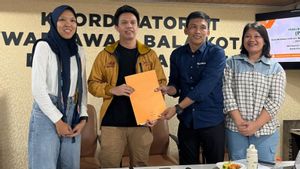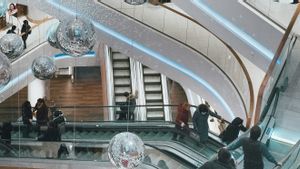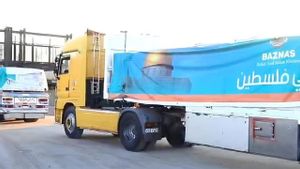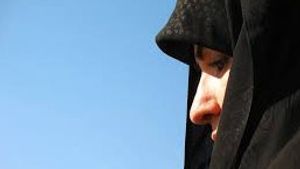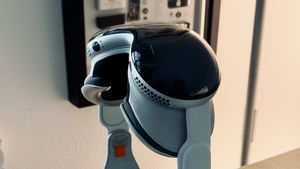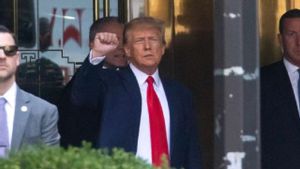JAKARTA - South Korea will lift the rules for wearing masks for most indoor public places starting later this month, Prime Minister Han Duck-soo said on Friday, although the rules still apply to transportation and medical facilities.
The lifting of mask rules will take effect on January 30, said PM Han, in the latest step in easing COVID-19 rules in line with signs of a slowdown in new cases.
"The number of new infections continues to decline every day and despite concerns over the spike in cases in China, the situation here is under control without major problems," Prime Minister Han said.
The easing of mask rules coupled with upcoming holidays could result in a spike in new cases for a while, PM Han warned, urging health authorities to remain vigilant, especially for those more susceptible to infection.
Friday's announcement exactly three years after South Korea reported its first outbreak of COVID infection on January 20, 2020
Meanwhile, citing the Korea Times, Korea's Disease Control and Prevention Agency (KDCA) said the COVID-19 level is currently in second place of the four-level infection control system.
Revocation of overall mask rules is possible, if the disease is at its lowest level.
However, KDCA Chief Jee Young-mee said the rules for wearing masks could be reinstated if a potentially more deadly variant appeared.
Separately, medical experts assess that removing mask requirements may not have a drastic impact on the current virus situation.
"As seen in recent months, although the rules for outdoor masks have been lifted, many people are still voluntarily wearing them on the streets," said Jung Jae-hun, professor of medicine at the Gachon Medical Center.
"Despite the easing measures, I'm sure people will still be wearing masks at indoor facilities for now, so it seems highly unlikely we will see an abrupt increase in infections."
Professor Jung added that the country should now focus more on sustainable strategy, as the coronavirus is expected to circulate indefinitely, bringing along a wave of varying intensity over the next few years.
It is known that South Korea has canceled most of the precautions related to the pandemic, but still maintains a seven-day isolation rule for those who have tested positive for COVID-19.
In addition, Ginseng Country also ordered COVID-19 tests for travelers arriving from China, after Beijing lifted its zero-COVID policy and strict lockdown.
The English, Chinese, Japanese, Arabic, and French versions are automatically generated by the AI. So there may still be inaccuracies in translating, please always see Indonesian as our main language. (system supported by DigitalSiber.id)
